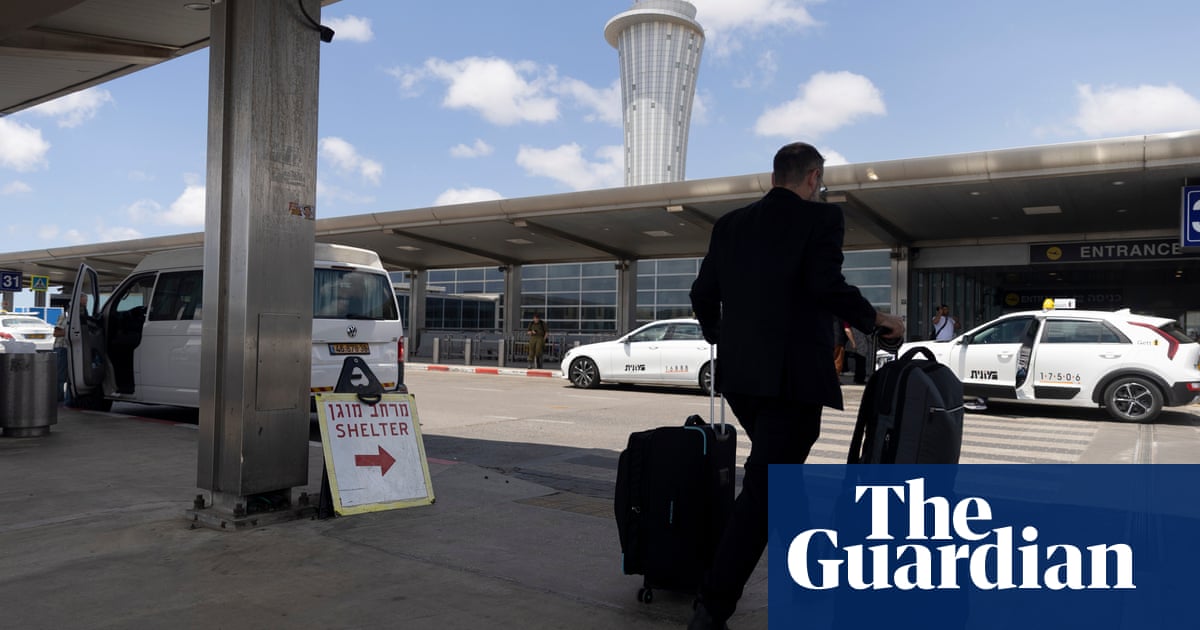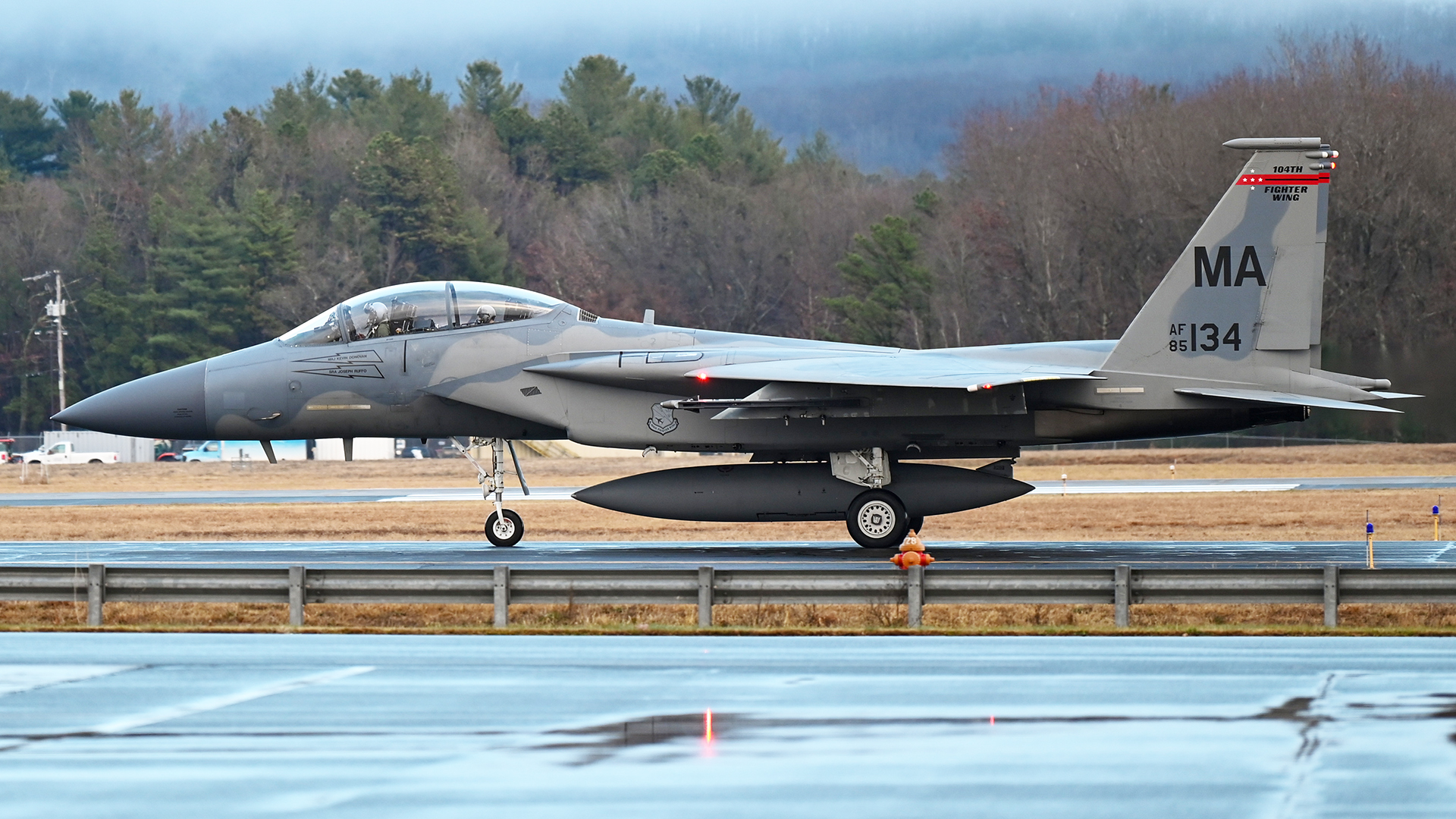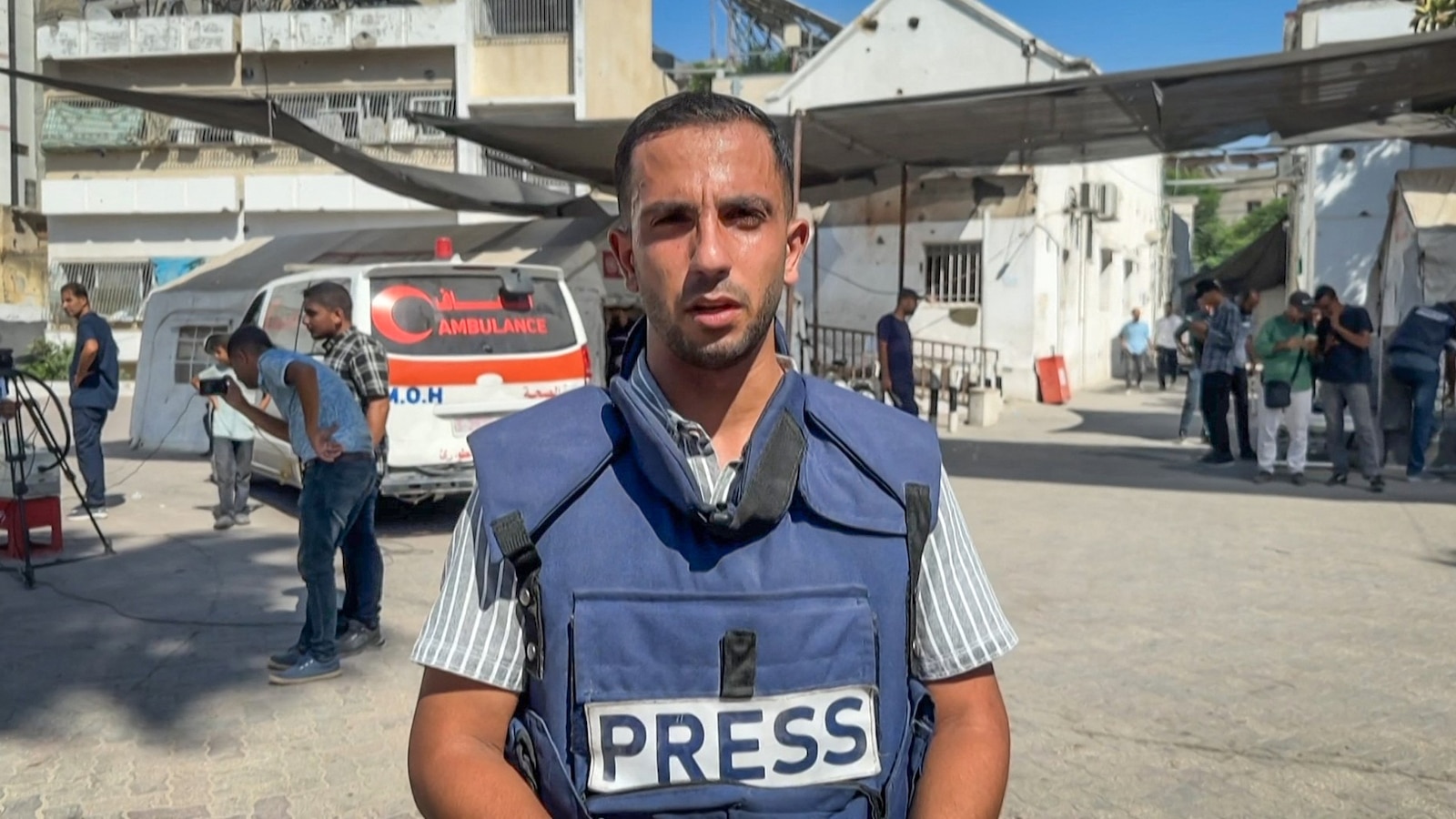Netanyahu Promises Multi-Phased Response to Houthi Missile Strike on Israel's Main Airport

On Sunday, Israeli Prime Minister Benjamin Netanyahu made a bold statement regarding the recent missile strike by Yemen's Iran-backed Houthi militants near Ben Gurion International Airport, Israel's primary air travel hub. In a video released on the Telegram messaging platform, Netanyahu assured that Israel would implement a multi-phased response to the attack, although he did not reveal specific details of the retaliatory actions that would be taken.
Netanyahu stated, "We have acted against them in the past and we will act in the future, but I cannot go into detail ... it will not happen in one bang, but there will be many bangs." This declaration highlights the ongoing tensions in the region and hints at a prolonged military strategy rather than a singular response. The missile strike has raised significant concerns about security in the area, particularly as it targeted an airport that serves as a vital link for international travelers.
The missile landed alarmingly close to Ben Gurion International Airport, prompting a swift reaction from several major airlines. Both European and American carriers have announced the cancellation of flights for the foreseeable future as a precautionary measure. This comes at a time when many international airlines were beginning to resume their services to Israel following a lengthy period of disruption caused by the conflict with Hamas. After a ceasefire agreement was reached with Hamas in January, the gradual reinstatement of flights had provided a much-needed boost to the country's tourism and business sectors.
Among the airlines affected, Delta Air Lines announced the cancellation of its Sunday flight from John F. Kennedy International Airport in New York to Tel Aviv, alongside the return flight scheduled for Monday. The Lufthansa Group, which encompasses various airlines including Lufthansa, Swiss, Brussels, and Austrian, confirmed that it had suspended all flights to and from Tel Aviv until at least Tuesday. Additionally, Italian airline ITA reported the cancellation of flights from Italy to Israel through to Wednesday, while Air France opted to cancel flights on Sunday, transferring affected customers to flights available on Monday. Meanwhile, Ryanair decided to suspend its flights for Sunday but indicated that flights were still scheduled for Monday, according to information from the Israel Airports Authority.
The missile strike, which sent a significant plume of smoke into the sky, was claimed by the Houthis. Their military spokesperson, Yahya Saree, declared that Israel's main airport was “no longer safe for air travel,” emphasizing the escalating threat posed by the group. The Houthis have been increasingly aggressive, targeting both Israel and shipping routes in the Red Sea since late 2023, coinciding with the intensification of the conflict between Hamas and Israel in the Gaza Strip.
The broader geopolitical context includes a response from the United States, where President Donald Trump ordered extensive military strikes against the Houthis in March. This initiative aimed to diminish their capabilities and deter further attacks on commercial shipping in the vital waterways of the Red Sea. The situation remains fluid as Israel's military and political leaders assess the implications of the Houthi missile strike and strategize their next steps.
This incident not only raises security concerns but also highlights the precarious situation in the Middle East, where conflicts can have far-reaching effects on international travel and trade.




























